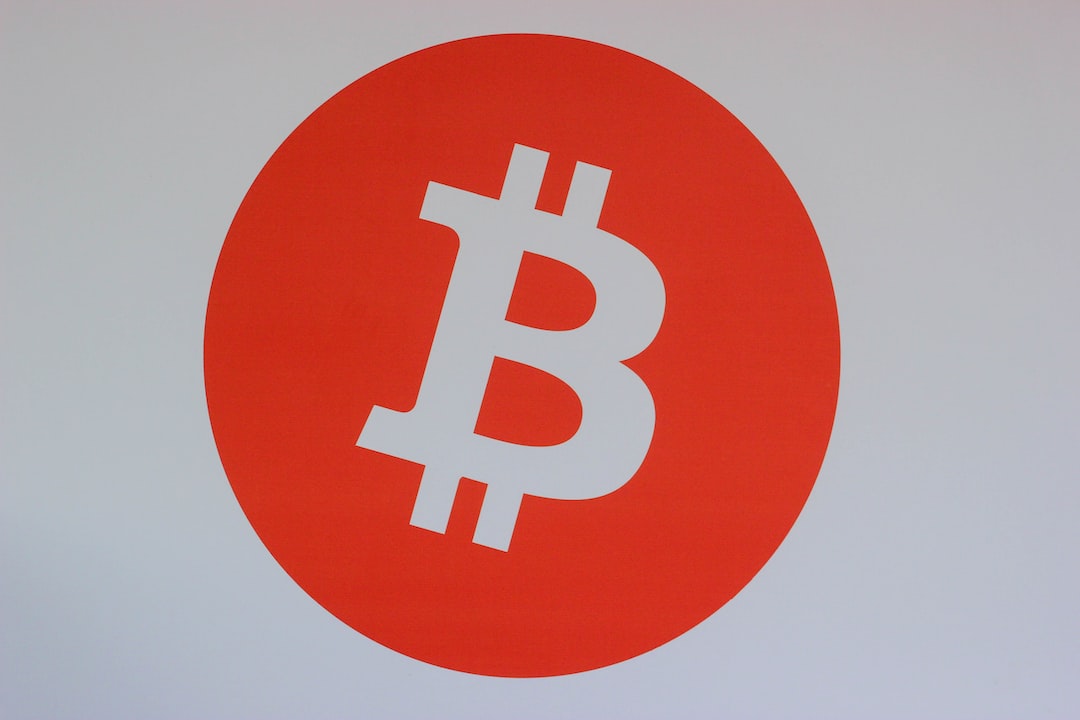The SEC’s Demand for a Bitcoin ETF Kill Switch
The US Securities and Exchange Commission (SEC) is actively working with applicants of spot Bitcoin Exchange-Traded Funds (ETFs) to guide them through the final stages of amendments before potential approval. BlackRock recently submitted an updated S-1 application for its spot Bitcoin ETF, which has raised eyebrows in the industry. The change that caught experts’ attention is related to what some interpret as the SEC’s demand for a “kill switch” in Bitcoin ETFs.
The language in BlackRock’s S-1 filing suggests that if Bitcoin is classified as a security in the US, it would have severe consequences for trading, clearing, and custody of the cryptocurrency. This amendment implies that such classification would impact Bitcoin’s market value and liquidity. The concern over this issue is further emphasized by the fact that similar language is appearing in other ETF applications.
Just Legal Stuff?
There are speculations about whether this demand from the SEC is a “kill switch” or just part of legal compliance. Some experts believe that this inclusion of risk disclosures may not be voluntary but rather a response to SEC directives. Recent legislative moves in New Jersey proposing virtual currencies sold to institutional investors as securities also add to these discussions.
While there is uncertainty about the true intention behind this demand, it is clear that the SEC has played a role in shaping these disclosures. However, according to a source from the SEC, lawyers are simply doing their job and this should not be a short-term concern.
Hot Take: Potential Impact on Bitcoin ETFs
The SEC’s demand for a potential “kill switch” in Bitcoin ETFs raises concerns about the future of these investment vehicles. If Bitcoin were classified as a security, it could have significant adverse effects on its trading value and the shares of ETFs. This development highlights the regulatory challenges faced by the cryptocurrency industry and the need for clear guidelines from the SEC. As the discussions continue, it remains to be seen how this demand will shape the future of Bitcoin ETFs and their potential approval.





 By
By
 By
By
 By
By
 By
By
 By
By
 By
By